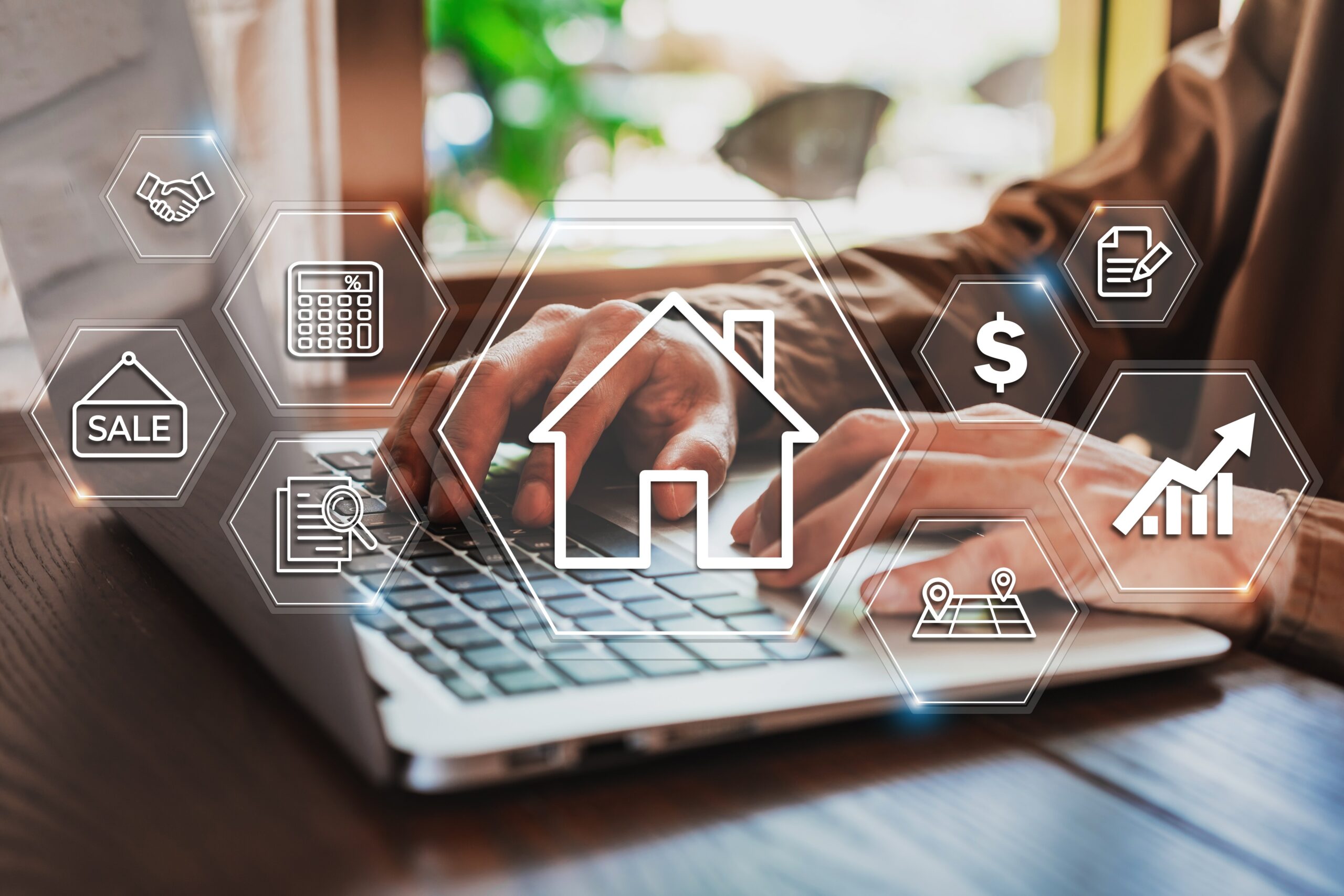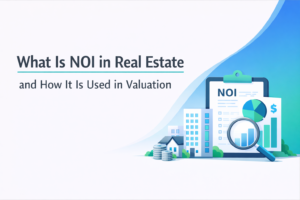
In today’s interconnected world, technology is everywhere in our lives. It’s all at our fingertips, from getting news updates to shopping online. Even the real estate sector, which used to be slow in adopting new tech, is now embracing innovation and transforming digitally.
With investments and new functionalities, the industry is ready for remarkable growth. Exciting technologies like Virtual Reality, Augmented Reality, Artificial Intelligence, property management technology, and the Internet of Things drive these changes.
As the global population grows, the demand for real estate is expected to reach an astounding $4,263.7 billion by 2025. That’s why integrating digital technology in property management is crucial for future success.
In this blog, we will discuss five emerging technologies in property management technology that will change the game. So, let’s dive right in.
Emerging Technologies in Property Management
Artificial Intelligence (AI) and Machine Learning (ML)
Let’s start with Artificial Intelligence and Machine Learning. Today, the power of AI and ML is revolutionizing the property management landscape. This cutting-edge technology aims to equip machines with human-like capabilities, making real estate processes faster and more efficient.
With AI, real estate agents can quickly access comprehensive property information, while machine learning enables data-driven decision-making through pattern recognition. This exciting fusion of AI, real estate algorithms, and IoT frameworks promises elevated property management, optimizing energy usage, lighting, and security systems.
For example, online real estate platforms now leverage AI-powered personalization to streamline home searches. By understanding consumer preferences, these platforms provide tailored property recommendations, making the search process more intuitive and enjoyable.
Furthermore, AI chatbots are increasingly used to handle tenant inquiries and manage rental applications, freeing time for property managers to focus on higher-value tasks.
Virtual Reality (VR):
Next, the role of Virtual Reality will also emerge in property management in the coming years. VR offers prospective buyers immersive virtual property tours, bringing the real estate experience to their screens. With the recent surge in virtual engagement, VR has gained even more acceptance thanks to the COVID era.
3D virtual property tours, powered by VR technology, let buyers explore properties and get a near-real viewing experience. It’s like being there in person! You can save time and money while making informed decisions by checking out the interior details, from furniture placement to design aesthetics. Amazing, right?
Additionally, VR goes beyond just property viewing and development. It’s also used in real estate management technology, allowing for remote inspections and maintenance checks. Property managers don’t have to be physically present, saving costs and improving efficiency. With VR technology, property managers can conveniently monitor multiple properties from one place, making their work more accessible and streamlined.
Blockchain:
Blockchain technology is revolutionizing real estate transactions in a world still tangled up with intermediaries and piles of paperwork. With smart contracts on the blockchain, real estate agreements can be digitized and secured, eliminating the need for paperwork and third-party involvement. It’s a game-changer!
Blockchain technology also revolutionizes real estate management technology ownership by allowing multiple parties to invest in a single property and share the profits. This brings down the financial barrier to entry and creates an attractive investment opportunity for individuals and institutions alike. It’s a game-changer, making property investment more accessible and appealing to a broader range of people.
In addition, blockchain ensures transparency and immutability of real estate records, making fraud, forgeries, or disputes due to conflicting records impossible. This saves time and resources and builds trust in the real estate market, making it more efficient and accessible.
Furthermore, blockchain-based property management systems simplify rent collection, maintenance requests, and lease agreements. These smart contracts execute automatically based on predefined conditions, reducing the need for human involvement and minimizing errors.
Big Data:
The future of real estate is closely connected to Big Data, which plays a crucial role in personalizing user experiences on real estate websites. This technology enhances software capabilities, providing smarter and more customized property searches. It refines and tailors user interactions, creating a responsive property search experience that’s just right for you.
Big Data is completely revolutionizing the real estate industry. You wouldn’t even believe it! With advanced analytics and machine learning, this massive amount of data can give us valuable insights into how consumers behave. Real estate companies use Big Data to make their operations smoother, give customers a better experience, and make smarter decisions. And guess what? It will only keep growing because more and more companies realize how powerful it is. They’re diving into it headfirst to get deep customer insights and give them a personalized experience. It’s pretty incredible.
By analyzing historical data, companies can predict market trends and identify investment opportunities that benefit companies and individuals. With Big Data, individuals can access information about a property’s history, neighborhood demographics, and amenities, allowing them to make more informed decisions.
Property Management Software:
Property management software has become a real game-changer, especially loved by small businesses for its simplicity and accessibility. The cloud-based Customer Relationship Management (CRM) services are also gaining popularity, helping real estate professionals stay organized. These systems operate on cloud computing and give birth to customer-centric Property as a Service (PaaS) platforms, which offer tenants access to essential data anytime. And let’s not forget about tenant experience platforms, a subset of property management software, that foster direct communication channels between landlords and tenants, making property management much smoother.
This software has completely transformed how businesses handle properties, and it’s a game-changer for small and large property owners. Not only does property management software make things simpler, but it also streamlines processes and boosts efficiency by automating tasks like rent collection and maintenance requests.
And let’s not forget about the incredible power of data! By collecting and analyzing data, this software provides valuable insights into occupancy rates, rental income, and maintenance costs. It’s like having a crystal ball that helps you spot potential issues and areas for improvement, leading to smarter decision-making and increased profitability. The best part is that property management software can be customized to fit your needs. From online portals for tenants to top-notch financial management tools, it’s a real asset for any organization.
Conclusion – Property Management Technology
The future of real estate is unfolding with the integration of cutting-edge technologies in property management. We’re talking about transformative capabilities like Artificial Intelligence and Virtual Reality, offering transparency through Blockchain and the data-driven precision of Big Data.
These innovations are reshaping the industry, and at the heart of it all is property management software. It’s celebrated for its simplicity, accessibility, and efficiency, making it a central player in this tech-driven evolution. As businesses harness the power of these advancements, they streamline operations and enhance customer experiences, setting the stage for a dynamic and accessible future in real estate.
Table of Contents
Stay Updated
Subscribe to get the latest news, industry trends, blog posts, and updates...




